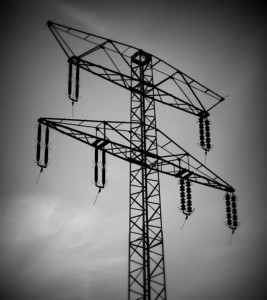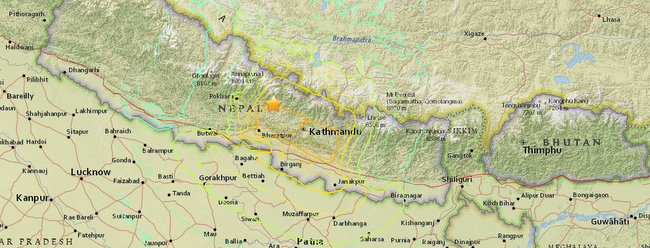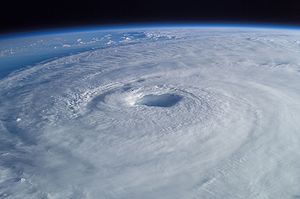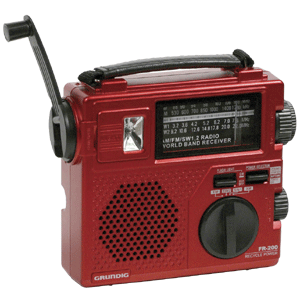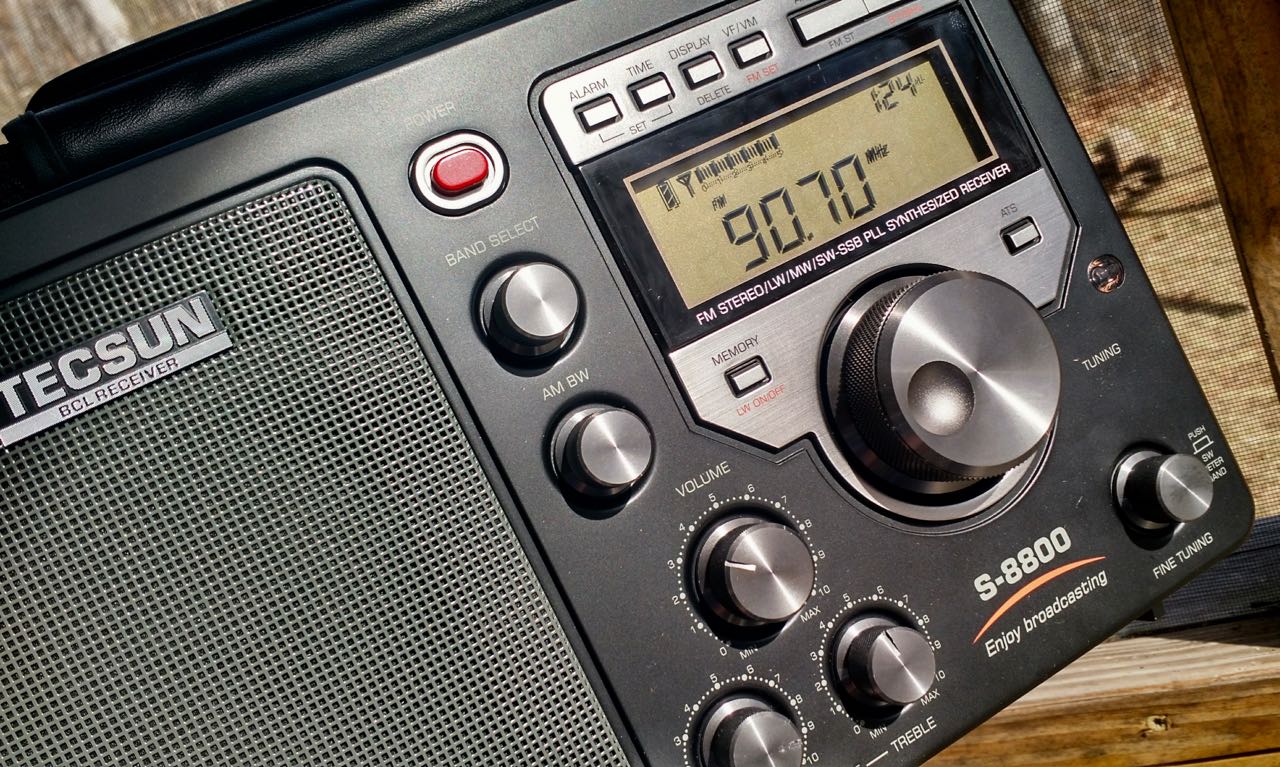 Many thanks to SWLing Post contributor Richard Langley for sharing a recent CBC article that explores the real-world consequences of funding cuts to public broadcasting in the U.S.: Trump-era plan to cut U.S. public broadcasting could hit rural communities hard
Many thanks to SWLing Post contributor Richard Langley for sharing a recent CBC article that explores the real-world consequences of funding cuts to public broadcasting in the U.S.: Trump-era plan to cut U.S. public broadcasting could hit rural communities hard
While discussions around federal budgets become politicized, it’s important to step back and examine the tangible, local effects such changes will bring — especially in rural and underserved communities where over-the-air (OTA) public radio may be the only consistent, reliable information lifeline.
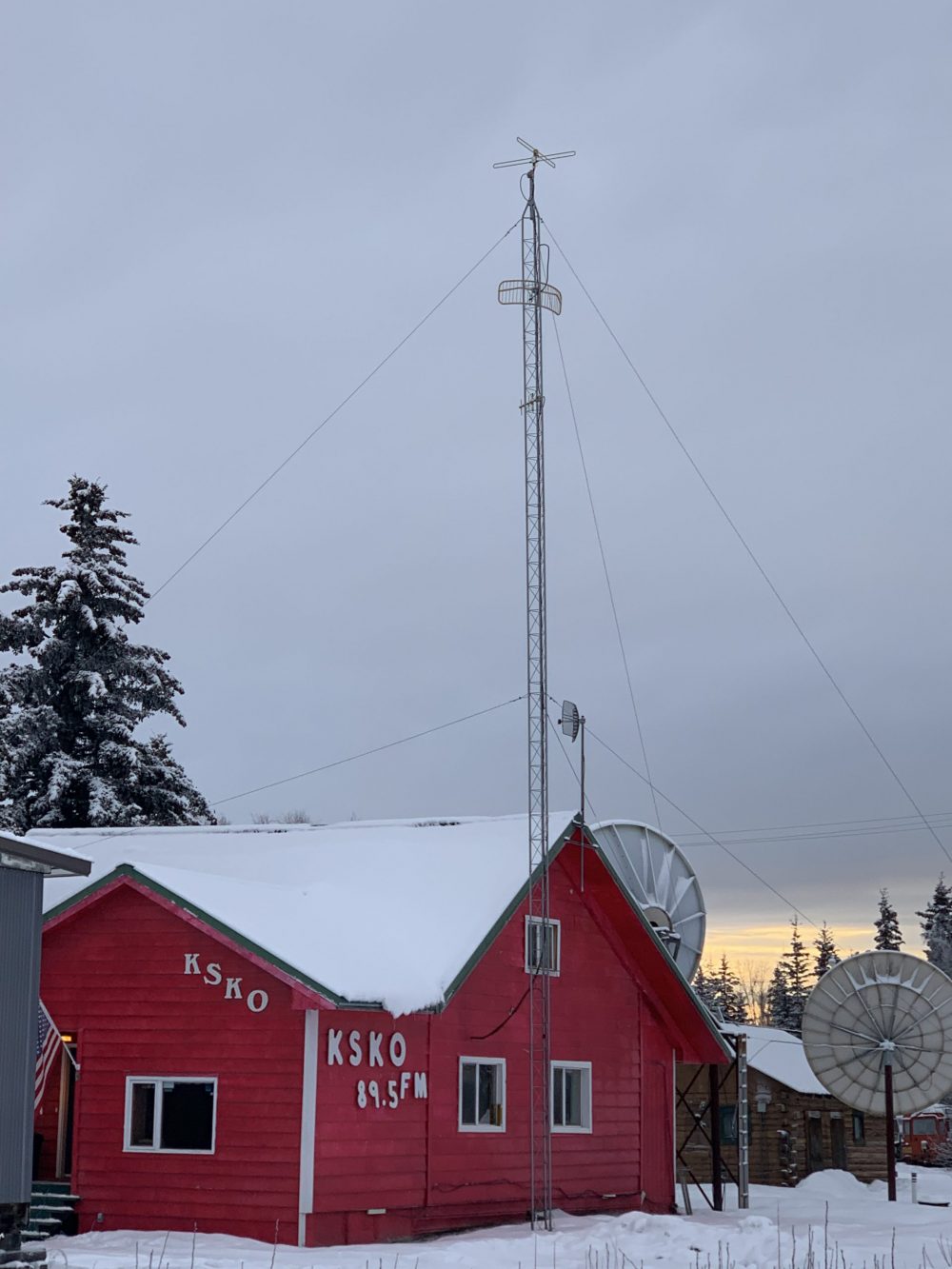 One such community is served by KSKO 89.5 FM, a public radio station based in McGrath, Alaska, and operated by longtime SWLing Post friend and contributor, Paul Walker. KSKO serves villages across the Upper and Middle Kuskokwim region, many of which have no access to high-speed internet or even cellular service. As KSKO’s press release puts it:
One such community is served by KSKO 89.5 FM, a public radio station based in McGrath, Alaska, and operated by longtime SWLing Post friend and contributor, Paul Walker. KSKO serves villages across the Upper and Middle Kuskokwim region, many of which have no access to high-speed internet or even cellular service. As KSKO’s press release puts it:
“The U.S. House of Representatives has approved a plan […] to rescind $9 billion in previously allocated federal funding. This includes a devastating $1.1 billion cut to the Corporation for Public Broadcasting (CPB), effectively eliminating all federal support for KSKO Radio.
As a result, Kuskokwim Public Broadcasting Corporation will begin scaling back operations in a way that allows us to remain on the air for as long as possible.”
This is not an isolated case. Here at SWLing Post HQ in Swannanoa, North Carolina, we’re still dealing with the aftermath of Hurricane Helene, which caused massive infrastructure disruption across the state. When systems failed in the aftermath of the storm (read one of my journal entries here), over-the-air radio stepped up.
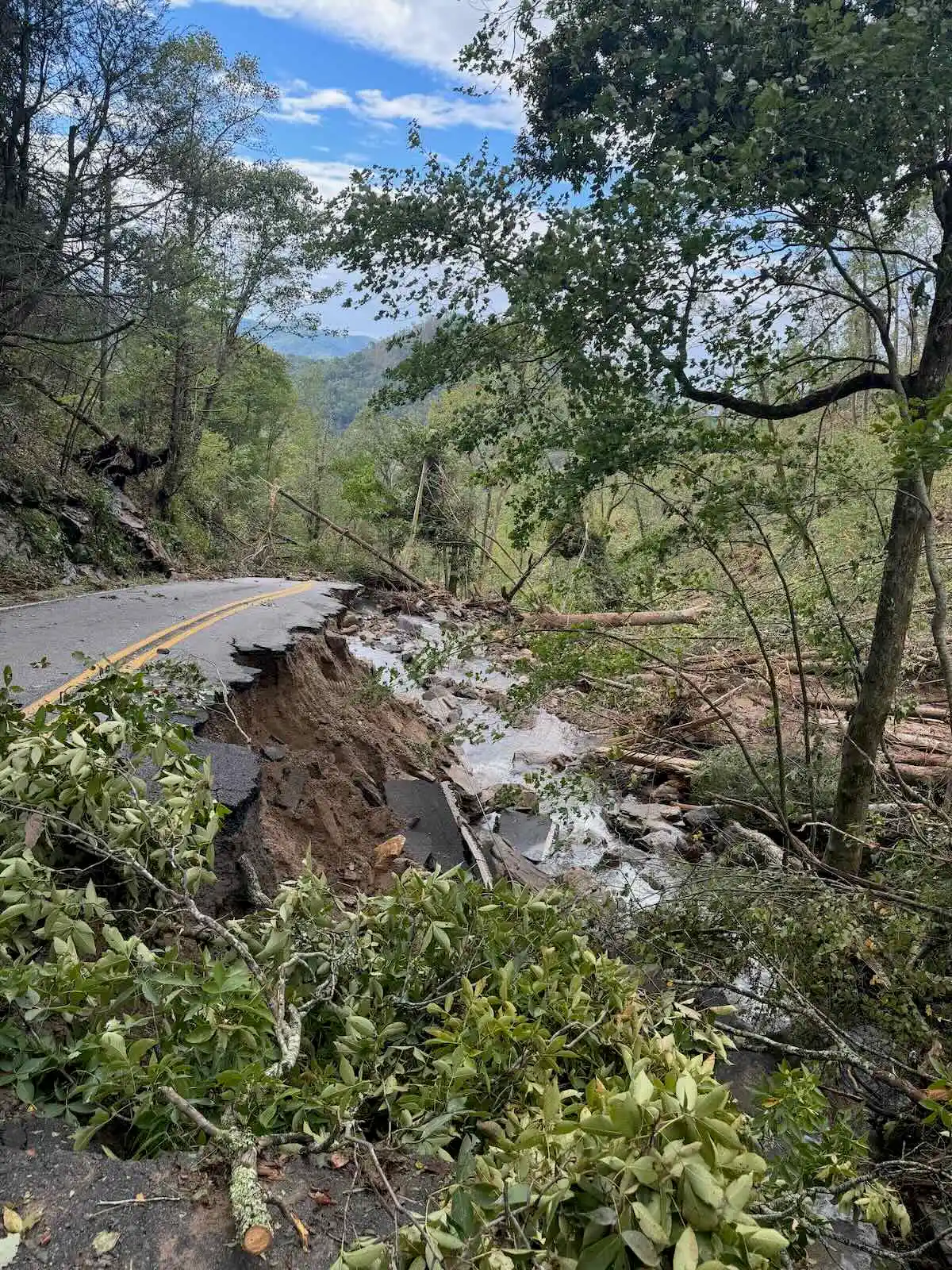
A photo of one of the many sections of our mountain road that was washed away in the aftermath of Hurricane Helene.
According to Ele Ellis, CEO of Blue Ridge Public Radio (BPR), (quoted in the CBC article):
“We hear stories upon stories of people telling us, ‘OK, well, we got a crank radio or we had a crank radio, and we knew you’d be on.’ […] Some would crank up the volume and put the radio on a mailbox, and neighbours would gather to listen… That’s what they had to do to get information that was going to help them live.”
Having grown up in rural western North Carolina myself, I can personally attest to how vital BPR is to so many remote communities. For some, it’s the only station they can receive. If CPB-funded stations like BPR and KSKO lose their transmitter sites due to budget cuts, that critical connection vanishes — not just news, but local announcements, weather alerts, and emergency communications.
Whether or not one agrees with the politics behind these decisions, there is a real-world human cost of eliminating public broadcasting support. While PBS and NPR will certainly survive, it’s the small rural member stations — the ones that reach into mountain hollows and villages across the tundra — that go silent.
We encourage readers to support their local stations (like KSKO and BPR) if they’re able, and to advocate for the preservation of public media access in remote communities.
Combined with recent, severe cuts to the National Weather Service (which has real-world impact), these public broadcasting reductions represent a dangerous erosion of the tools we depend on during times of crisis.
For rural America especially, it’s a recipe for turning natural disasters into human tragedies.

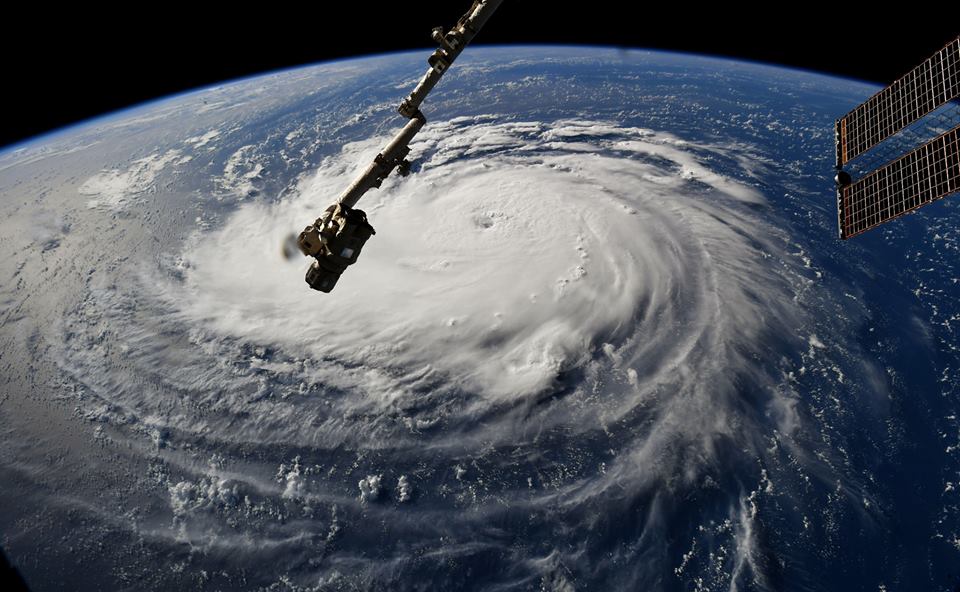


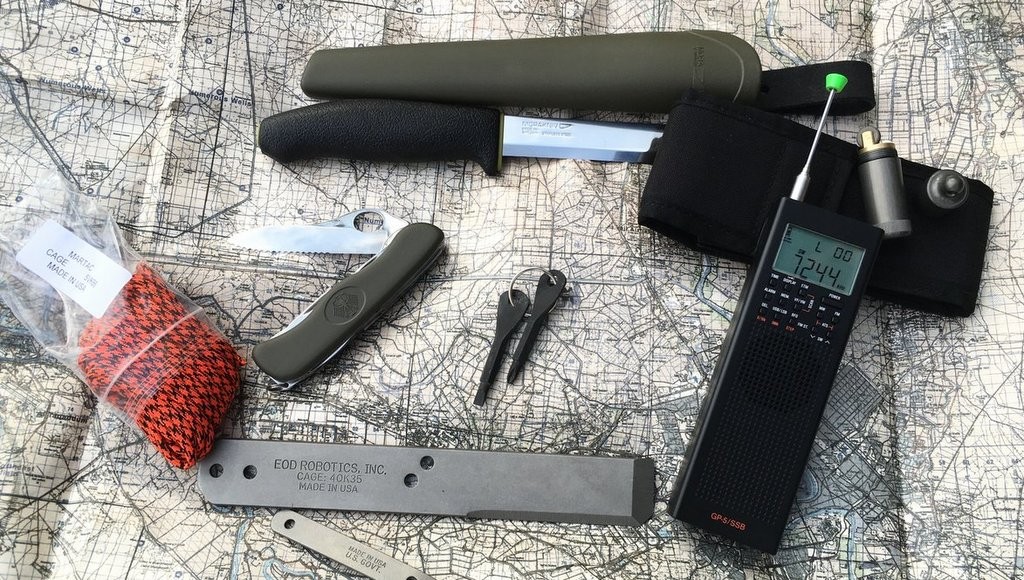
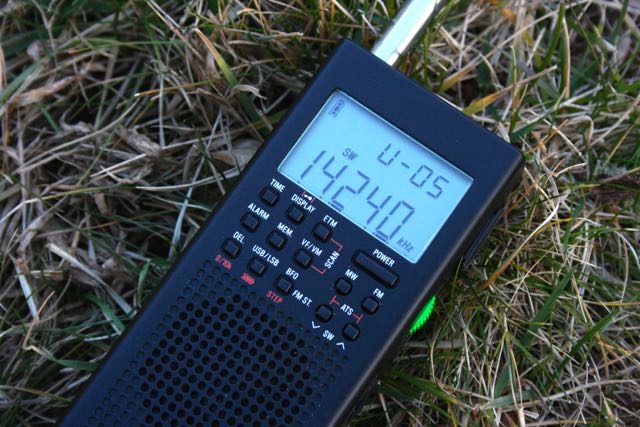
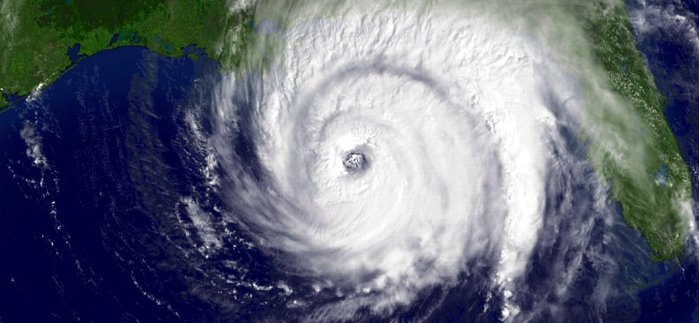 As is often said, stuff happens. Indeed, our modern communication infrastructure is a fragile thing. Let’s imagine that your area suddenly loses power–as well as cell phone and internet service–for an indeterminate period. Home and personal electronics remain unaffected, but must be powered off-grid (without mains power). Moreover, you may be required to evacuate your home…perhaps even on foot.
As is often said, stuff happens. Indeed, our modern communication infrastructure is a fragile thing. Let’s imagine that your area suddenly loses power–as well as cell phone and internet service–for an indeterminate period. Home and personal electronics remain unaffected, but must be powered off-grid (without mains power). Moreover, you may be required to evacuate your home…perhaps even on foot.